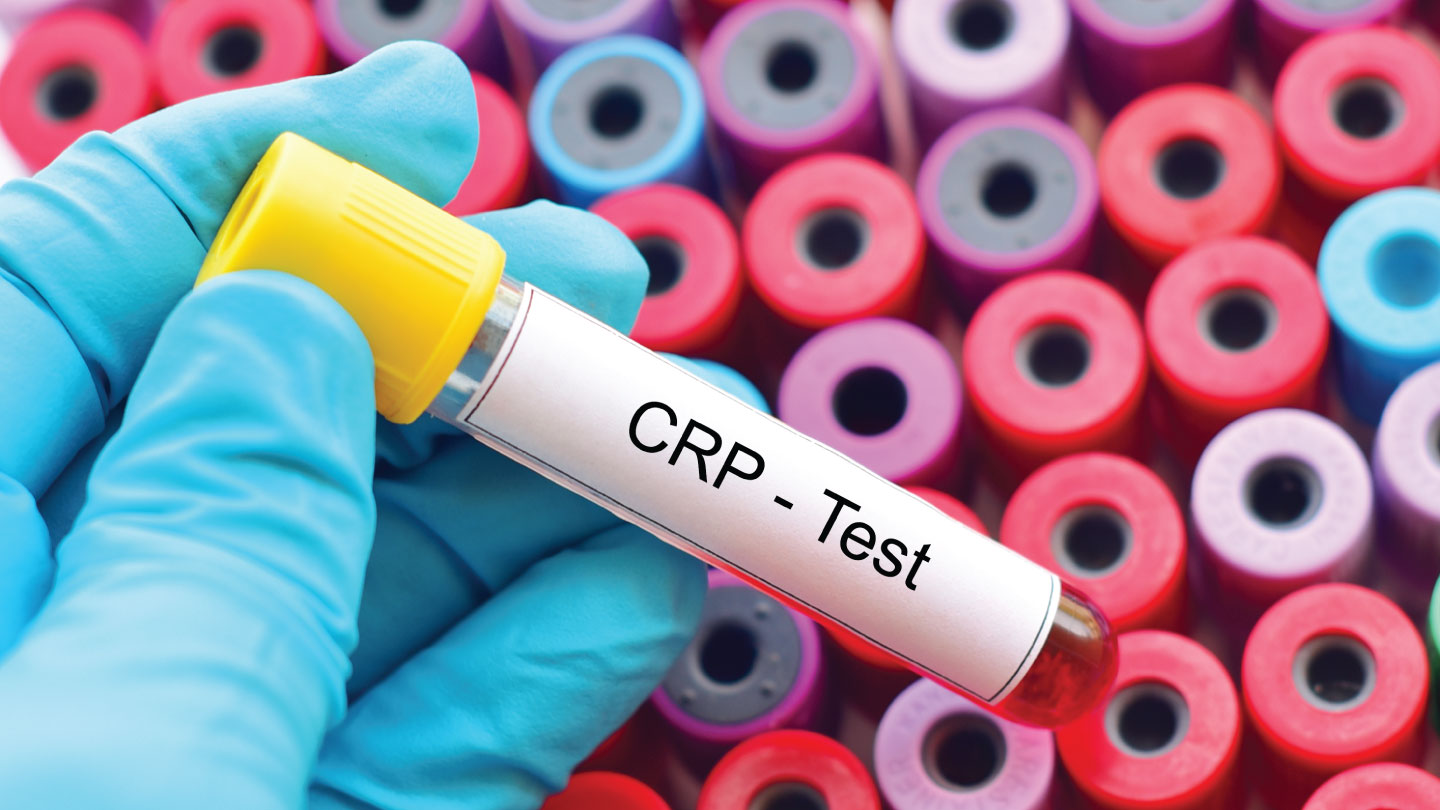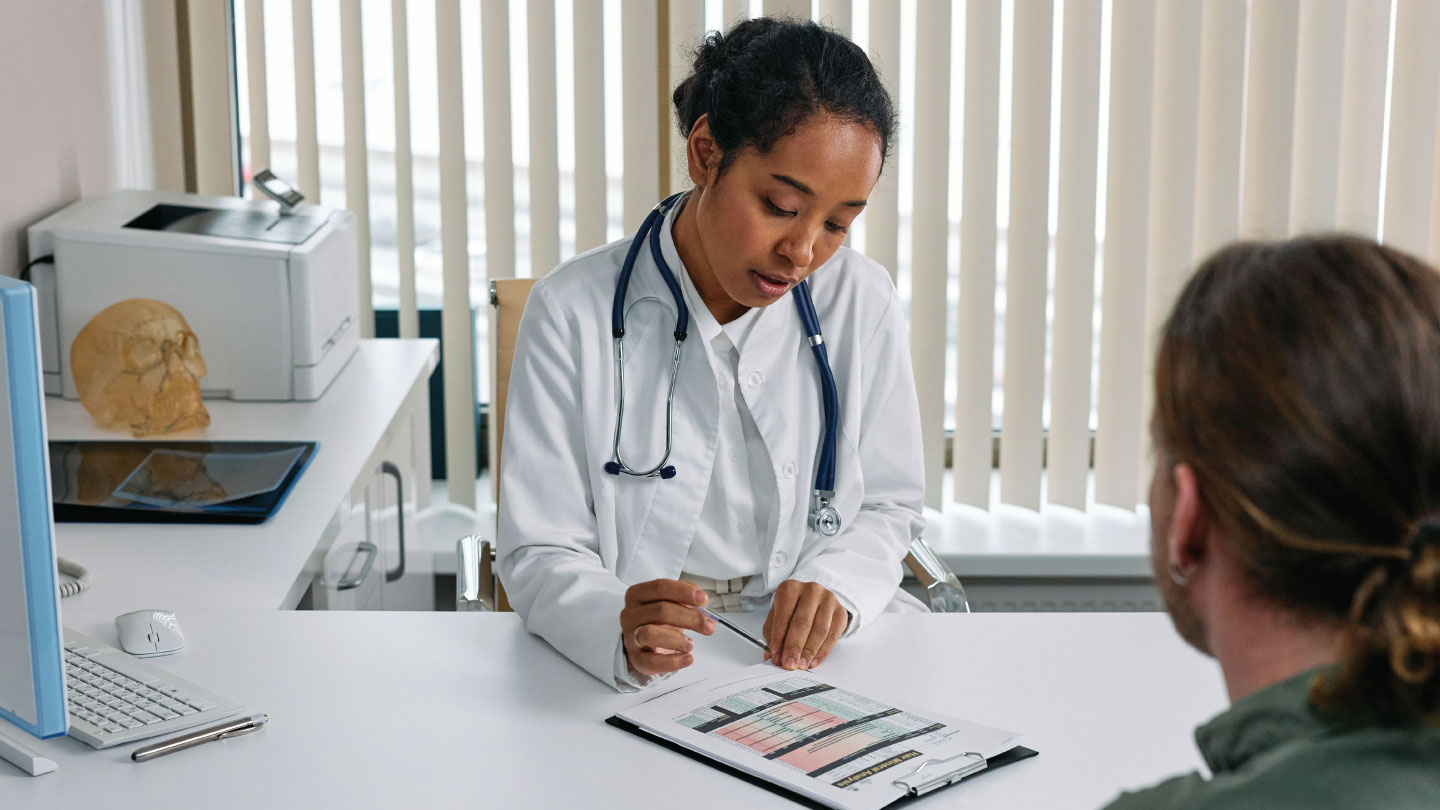Medical
Is Early Onset Cancer on Rise?
The battle against cancer is now more urgent than ever as early-onset cancers will rise by 30 per cent by 2030. Read more about the current scenario and what the future holds for young Indians.

Recent research has revealed a troubling trend, specifically for Indians. Health of the Nation 2024 report, published by Apollo Hospitals declared India as the "cancer capital" of the world. The report details the state of health in India—painting a picture of deteriorating health nationwide, foreseeing that by 2025, a massive 1.57 million Indians will be grappling with cancer. Among women, breast, cervical, and ovarian cancers are at the forefront, while among men, lung, mouth, and prostate cancers are most widespread.
Dr. Madhu Sasidhar, President & CEO of Apollo Hospitals Group, emphasised the gravity of the situation, stating, “The significant rise of non-communicable diseases, especially over the past few decades, represents a massive shift in the global health landscape, posing formidable challenges to individuals and nations.”
Need all your wellness solutions in one place? A whole new world awaits just a click away.
Related story: 5 Habits That May Increase Cancer Risk
Current statistics on cancer
Not just India, but the whole world is now witnessing a concerning surge in cancer rates, especially among younger people. The WHO warns of a staggering 75 per cent increase in global cancer rates by 2050.
While it was earlier believed that cancer was common for older age groups, that’s not the case anymore. Cancers such as colorectal, breast, oesophageal, gastric, and pancreatic cancers are being increasingly diagnosed in younger adults. More than a dozen cancers are becoming increasingly common in people under 50. A 2023 study in the BMJ revealed 29 different types of cancer have risen by 80 per cent between 1990 and 2019, with colorectal and other gastrointestinal cancers leading the chart, closely followed by breast and lung cancers.
As per Apollo hospital’s findings:
- Lung cancer is the most commonly diagnosed cancer worldwide, accounting for 12.4 per cent of new cases and 18.7 per cent of deaths.
- Obesity incidence has increased from 9 per cent in 2016 to 20 per cent in 2023.
- 30 per cent of patients with colon cancer are under 50 years old.
- The average age of breast cancer diagnosis in India is just 52 years.
Related story: Preventing Breast Cancer
Why are early-onset cancers concerning?
Cell damage, a key risk factor for cancer, typically starts after age 50. While it’s not unheard of for younger people to develop cancer, the rising rates in those who shouldn't typically be at risk suggest that something deeper is at play. Early-onset cancers might be biologically different from the more common, later-life cancers.
While genetics certainly play a role in the development of cancer, external factors like lifestyle, diet, and environment are equally significant. What we eat, how active we are, and the quality of our surroundings can all influence cancer risk.
Some of the major reasons for the early-onset of cancers are:
- While obesity and cancer have been historically linked, recent studies show how diet impacts cancer prevalence. Deep-fried and processed foods, as well as diets lacking in folates and fibre, are now recognised as significant factors in cancer development, irrespective of an individual's body weight.
- Another study points to the changes in gut microbiota composition as a potential factor in the rise of early-onset cancers. Emerging evidence from a 2023 study issued in the journal Gut Microbes suggests that the gut microbiome may play a crucial role in influencing host genetics, metabolism, and immunity, particularly during the development of digestive system tumours in younger individuals.
- Furthermore, disrupted or inadequate sleep, exposure to phthalates in beauty and hair products, and the consumption of ultra-processed foods are all identified as potential contributors to the risk of developing cancer.
- The omnipresence of microplastics in our environment poses an even more concerning theory. A 2023 study issued in the paper Cancers has linked the surge in early-onset cancers to the growing prevalence of microplastics, dubbing this era the "Plasticine." These miniature fragments are entering our digestive systems, reproductive organs, and bloodstream. Microplastics are proven to induce DNA and oxidative harm, both of which are established cancer catalysts.
Related story: Everything You Need to Know About Skin Cancer
Why are young and healthy people getting cancer?
Younger adults tend to have more aggressive-looking cancers and are often diagnosed at more advanced stages, which isn’t just due to delays in diagnosis. According to a 2024 Lancet report, smoking, alcohol consumption, and ambient particulate matter (PM) pollution remained dominant among the 34 risk factors for cancer. Most patients are not obese, are marathon runners, follow very healthy diets and eat organically, even individuals with no family history of the disease may develop cancer at some point. So, it's unclear if it’s just diet and lifestyle factors or other things in our environment—pollutants, preservatives in our food. This leaves us questioning what might really be driving this alarming rise in cancer cases among younger, seemingly healthy individuals.
Related story: Foods That Protects Against Cancer
What You Can Do to Be Healthier
Prohibiting the risk of getting cancer involves a combination of healthy lifestyle choices, regular screenings, and being mindful of environmental factors. Not all cancers can be prevented, however, making informed choices can surely help.
1. Take a balanced diet: Ensure you eat a balanced diet rich in fruits, vegetables, whole grains, and lean proteins. Limit processed and red meats, deep-fried foods, and foods high in sugar. Increase your intake of fibre and folate-rich foods.
2. Stay active: Engage in regular physical activity, aiming for at least 30 minutes of moderate exercise most days of the week. This will help maintain a healthy weight and reduce the risk of various cancers, including breast, colon, and kidney cancers.
3. Limit alcohol and avoid tobacco: Excessive drinking can increase the risk of cancers like liver, breast, and esophageal cancer. It is the only wise decision to quit smoking, tobacco products and limit alcohol.
4. Use SPF religiously: Use sunscreen with a high SPF—50++ to protect against UV radiation. Don’t forget to smear the sun block to exposed skin evenly. Wear protective clothing and seek shade during peak sun hours to reduce the risk of skin cancer.
5. Get regular screenings: Go for cancer screenings, such as mammograms, colonoscopies, and Pap smears, which can detect cancer early when it's most treatable.
6. Avoid toxin exposure: Limit exposure to environmental toxins like asbestos, radon, and industrial chemicals. Besides, be cautious with the use of chemicals in personal care products and household items, opting for safer alternatives when possible.
7. Get vaccines: Get vaccinated against viruses linked to cancer, such as the human papillomavirus (HPV) and hepatitis B.
By adopting a healthy lifestyle, staying vigilant with regular screenings, and being mindful of environmental exposures, we can take control of the factors within our reach. While we can't change our genetics, we can certainly influence our diet, activity levels, and daily choices to create a healthier, cancer-free future for ourselves and those we care about. Prevention isn't just about avoiding illness—it's about living a vibrant, balanced life that supports long-term well-being.
Related story: Does fasting Help in Protection Against Cancer?
Need all your wellness solutions in one place? A whole new world awaits just a click away.
EXPLORE MORE
Hypertension continues to rise in India, with millions depending on daily pills. Research is now revisiting Sarpagandha (Rauvolfia serpentina), an Ayurvedic herb, for its role in supporting blood pressure management.
Many types of inflammation aren’t obvious on the surface. Learn which blood tests can reveal it and how to understand the numbers.
Nearly all cases of cervical cancer are linked to the human papillomavirus (HPV). Now, a Mexican scientist may have found a breakthrough therapy that could change the future of women’s health.
You are religiously following all the dos and don'ts of your sugar diet, yet the meter is not going in your favour? Note down these everyday non-food-related reasons that might be causing that spike.










